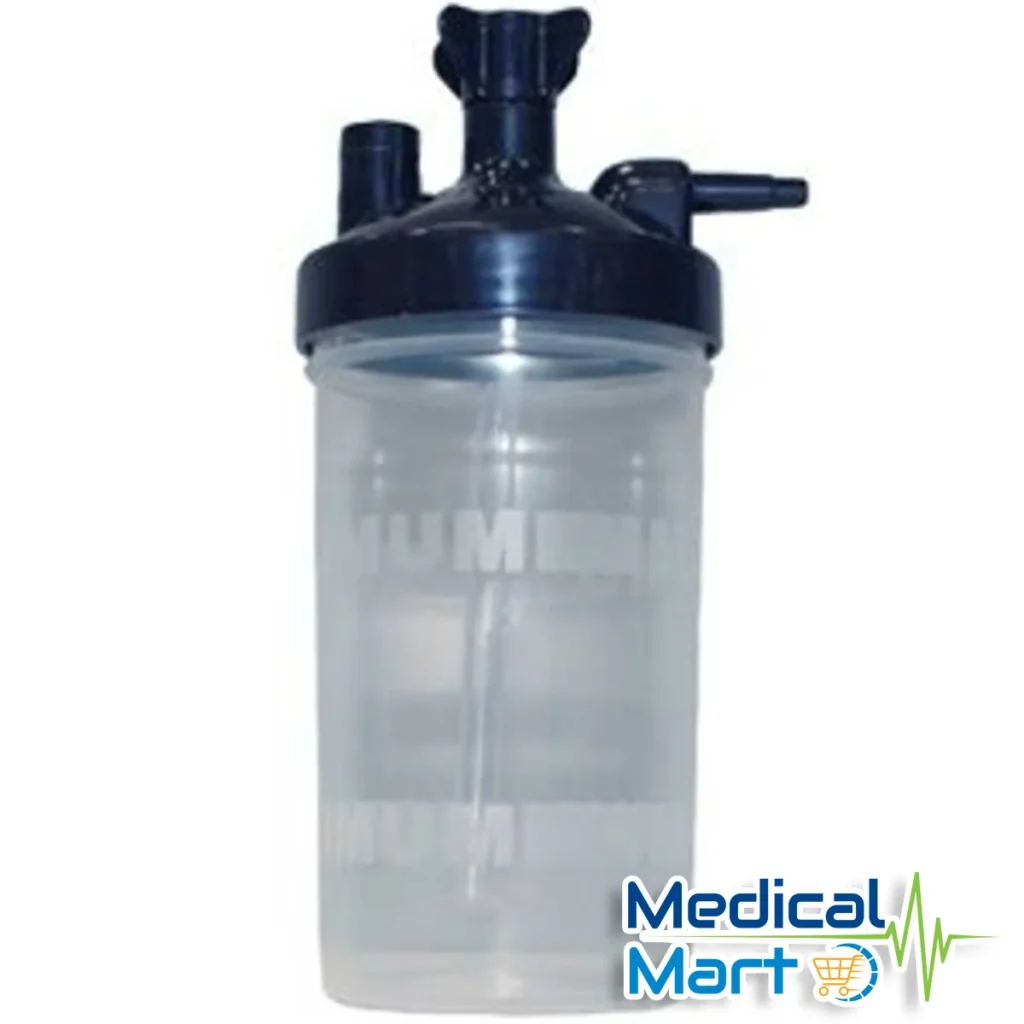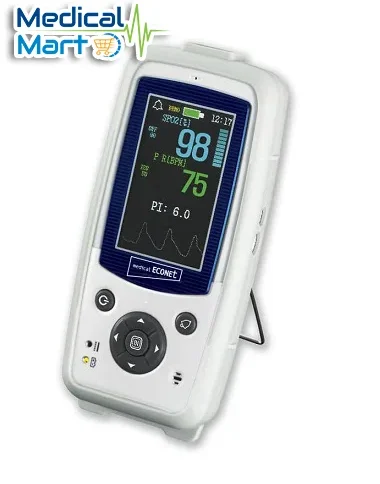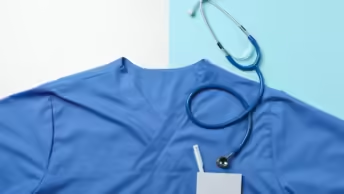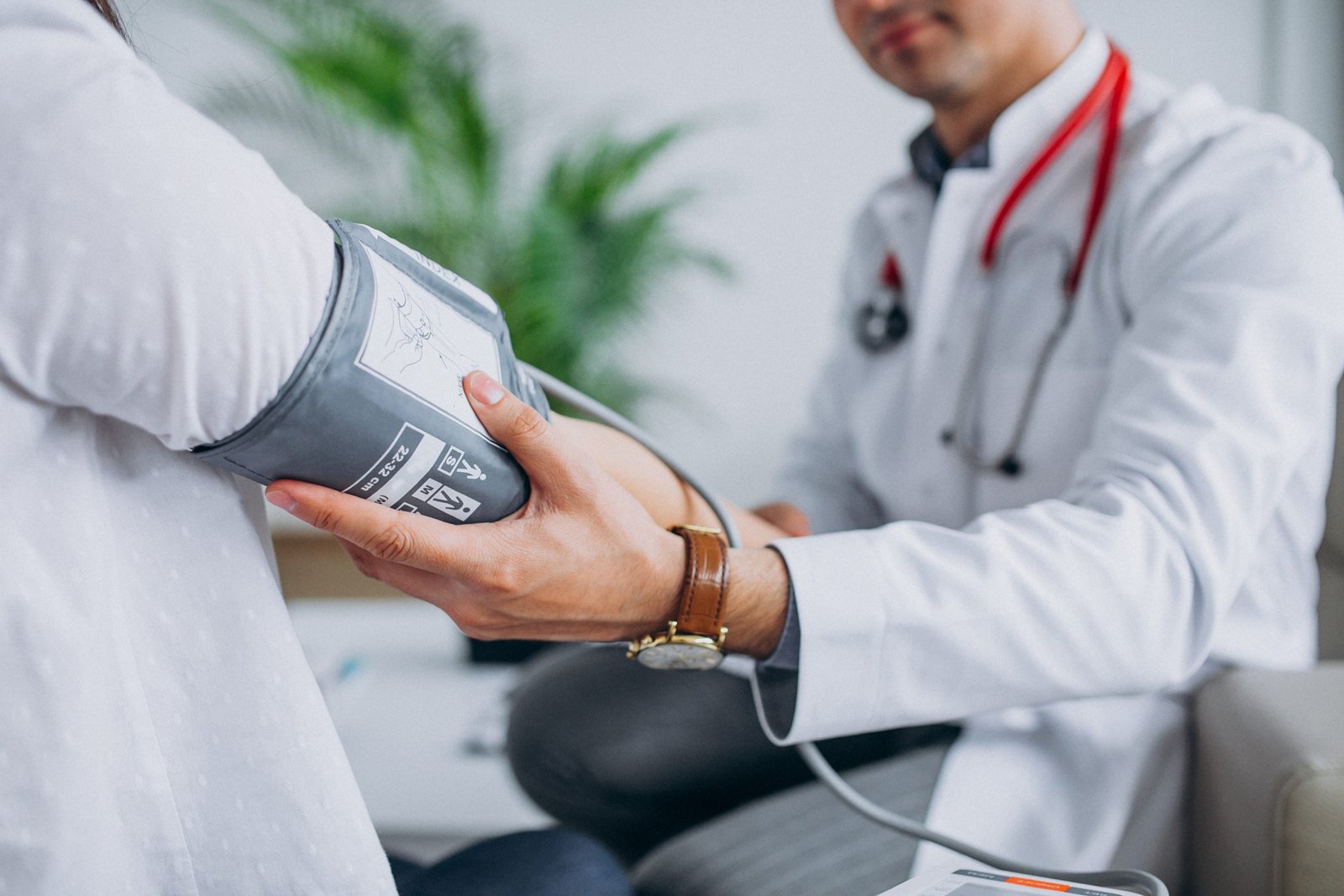Caring for patients with respiratory issues at home requires the right equipment to ensure their comfort, safety, and well-being. Whether it’s managing chronic conditions or recovering from an illness, here are five essential respiratory devices that can make a significant difference:
- Oxygen Concentrator
An oxygen concentrator provides a continuous flow of oxygen to patients with low oxygen levels. Unlike traditional oxygen tanks, concentrators draw oxygen from the air, making them a more sustainable option for long-term use. They are portable, user-friendly, and perfect for home care settings.
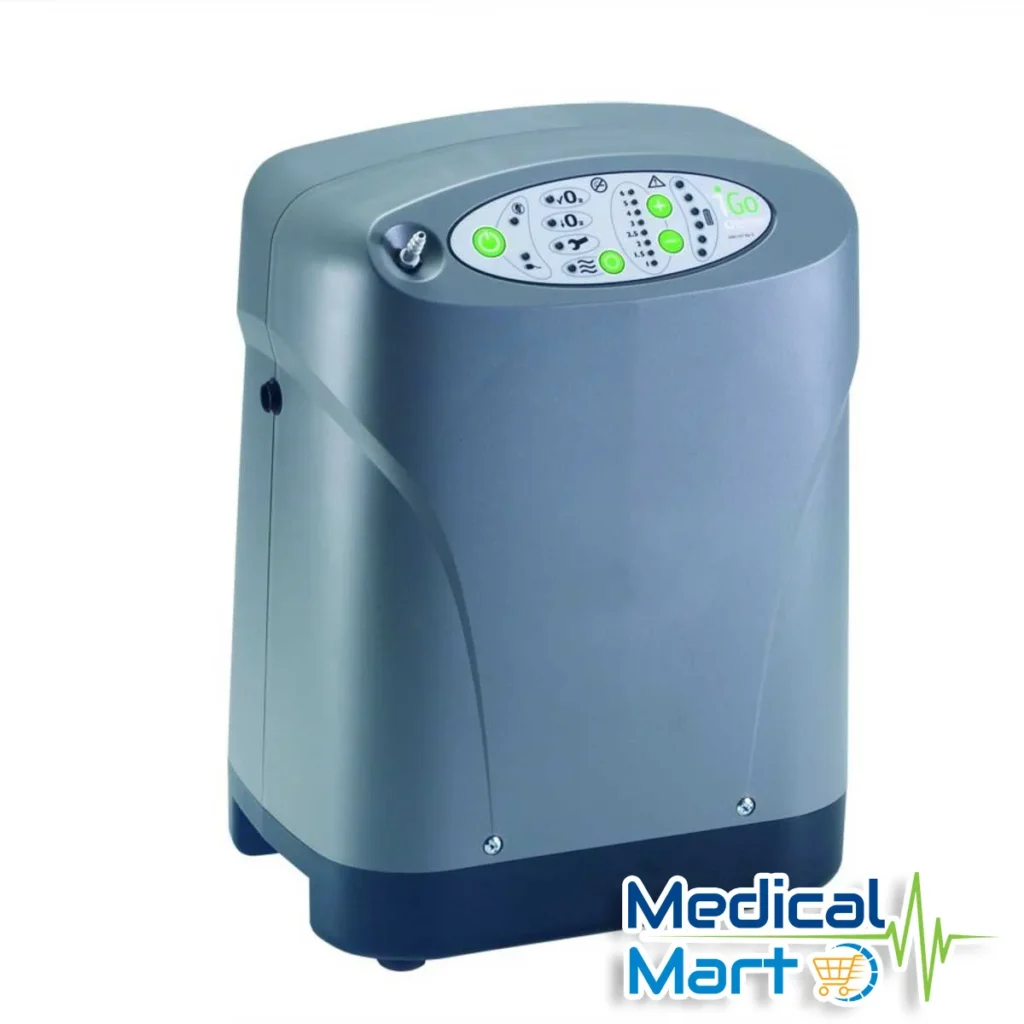
2. Nebulizer
A nebulizer is a critical device for patients with asthma, COPD, or other lung conditions that require medication in aerosol form. The nebulizer turns liquid medicine into a fine mist, allowing it to be inhaled easily and reach the lungs directly. Compact models are available, making them convenient for home use.
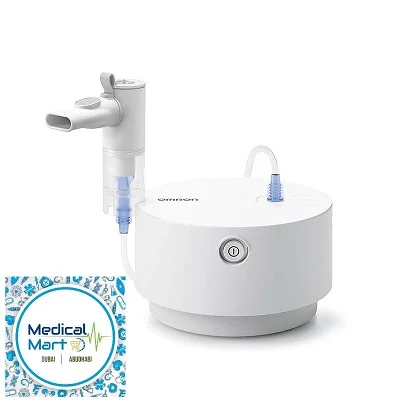
- CPAP Machine
Continuous Positive Airway Pressure (CPAP) machines are primarily used to treat sleep apnea by maintaining a steady stream of air through the airway. This prevents airway collapse during sleep, helping patients breathe properly throughout the night. Modern CPAP machines come with comfortable masks and adjustable pressure settings.
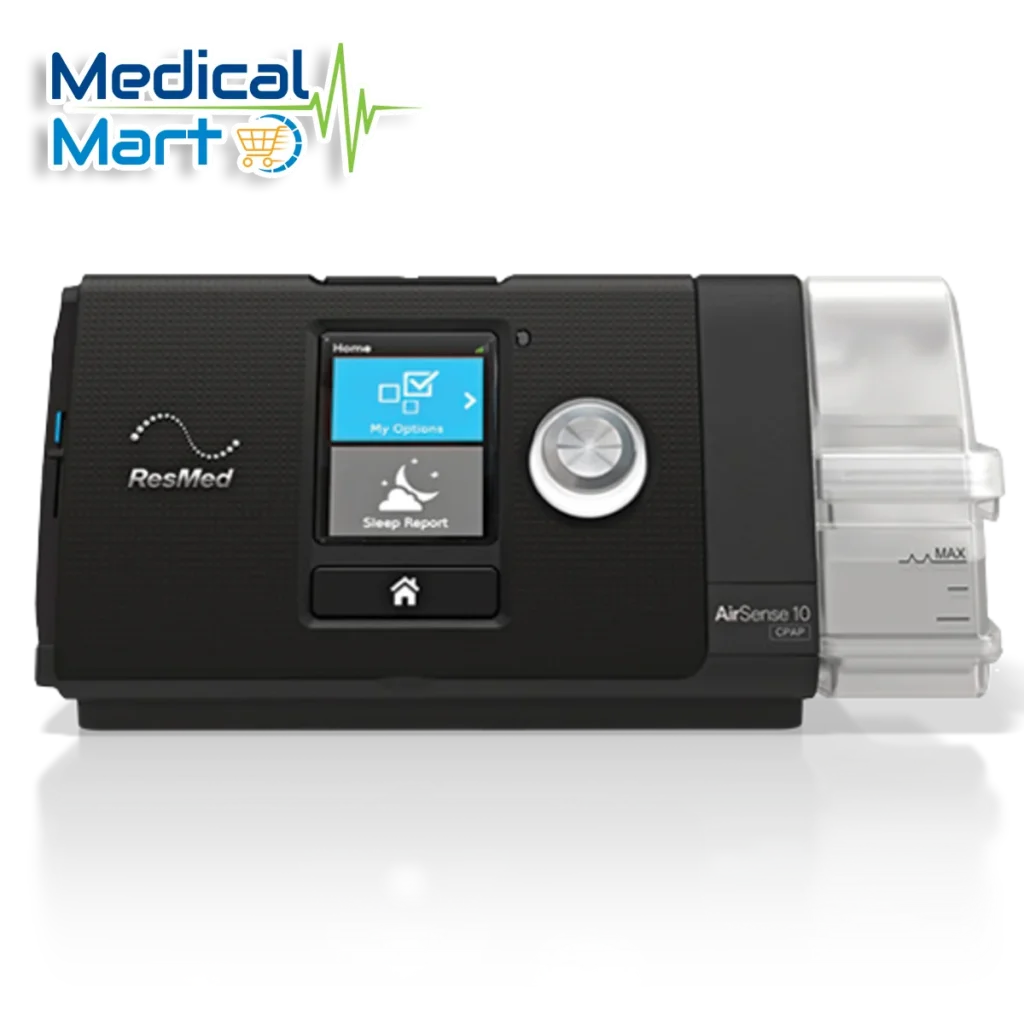
- Pulse Oximeter
A pulse oximeter is a small, non-invasive device that measures the oxygen saturation levels in a patient’s blood. It is an essential tool for monitoring respiratory health at home, providing real-time data that can help detect hypoxemia (low oxygen levels) early. Many models are portable and easy to use, offering peace of mind for both patients and caregivers.
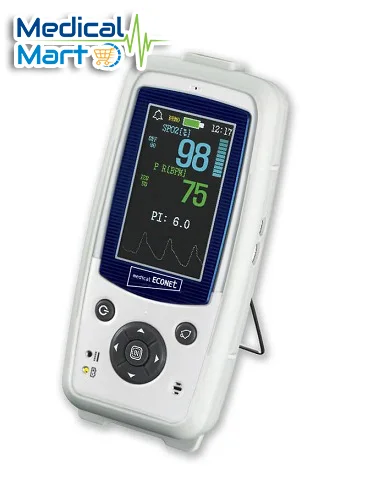
- Humidifier
For patients who require oxygen therapy or have respiratory conditions that cause dryness in the airways, a humidifier can be highly beneficial. Humidifiers add moisture to the air, helping to alleviate discomfort, reduce coughing, and ease breathing. They are especially helpful in dry climates or during the winter months when indoor air tends to be dry.
